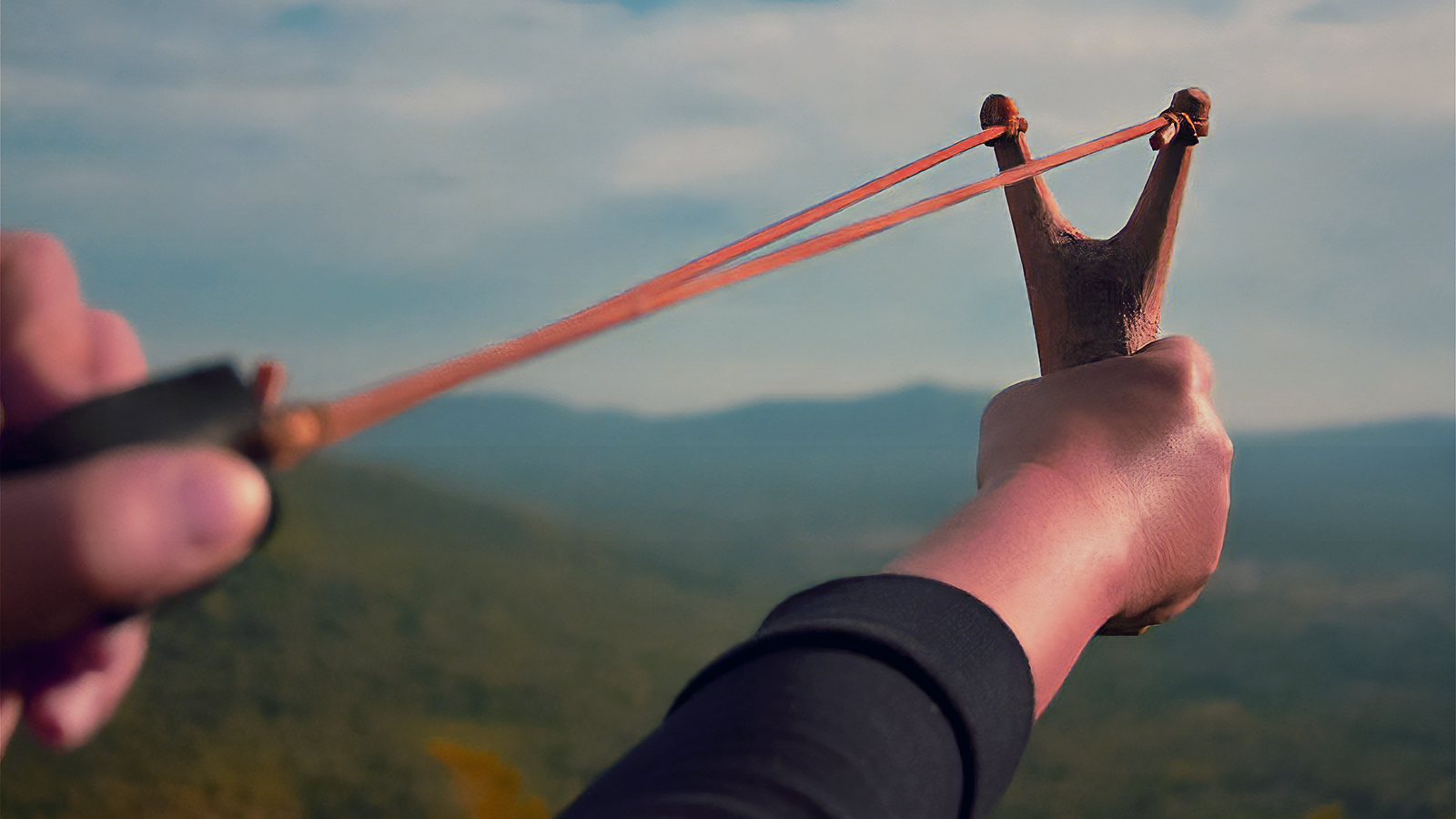· by James Archer · 2 min read
Nobody Knows Anything About Branding
Screenwriter William Goldman once wrote of the movie industry that “Nobody knows anything. Not one person in the entire motion picture field knows for a certainty what’s going to work. Every time out, it’s a guess…nobody, _nobody_–not now, not ever–knows the least $#\*%@# thing about what is or isn’…

Screenwriter William Goldman once wrote of the movie industry that “Nobody knows anything. Not one person in the entire motion picture field knows for a certainty what’s going to work. Every time out, it’s a guess…nobody, nobody–not now, not ever–knows the least $#*%@# thing about what is or isn’t going to work at the box office.”
That’s not to say there aren’t plenty of formulas, tricks, trends, tendencies, working theories, analyses, etc.–there are lots!–but rather it’s important to remember that nobody actually knows for sure. They’re making educated guesses, which isn’t bad; it’s the best way to approach a situation like this.
It’s like predicting the weather. The meteorologist doesn’t actually know whether it’s going to rain or not, but they use the information that’s available to make their best guess.
Branding works the same way. You learn everything you can, and you make educated guesses about what approach will most likely provide the desired outcome. Sometimes it doesn’t work out, but that doesn’t mean you did it wrong; you took your shot, and sometimes you miss.
The basic rule, though, always holds: nobody knows anything about branding. (Just when you think you do, an exception pops up that reminds you that you don’t.)
Remembering that nobody knows anything about branding can actually help you in some very practical ways:
- You’ll stay flexible. If something’s just flat-out not working, you’ll be comfortable letting it go and trying something else.
- You’ll give yourself room for failure. Failure doesn’t have to be the end of a business. In fact, it should be a routine part of day-to-day operations. You’ll try things, and some of them won’t work. If you build it into your thinking and workflow, you can handle those incidents gracefully.
- You’ll make smarter business decisions. Bad data is more dangerous than no data at all. Believing something is surely going to work when there’s really a 15% chance it won’t can lead to some unfortunate business decisions. It’s okay not to know something; in fact, that’s often the healthiest perspective to have.



